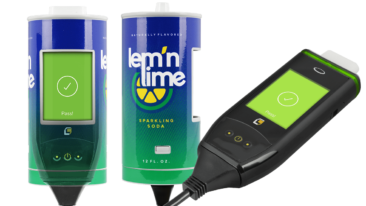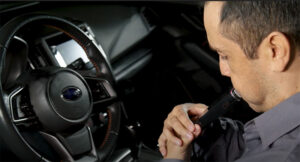Lowest Cost Ignition Interlock
LOWER 2025 PRICING – BI-WEEKLY PAYMENTS – FREE SHIPPING*

Get the Can FREE!*
Reserva una Instalación
Call (844) 387-0326 – No Wait Times
Exclusive CADTP Partner!
*RESTRICTIONS APPLY. INTERLOCK CAN IS FREE WITH PURCHASE OF OPTIONAL PROTECTION PLAN. FREE SHIPPING APPLIES TO STANDARD RATE SHIPPING. ACTIVATION FEE STILL APPLIES.
Ignition Interlock Device Laws in Wisconsin
Low Cost Interlock is a premiere provider of ignition interlock devices in Wisconsin. Our ignition interlock services are designed to make the ignition interlock program easy and convenient for you, ensuring that you complete your interlock obligations without hassle. Our system has been tested to ensure reliability in an affordable, easy-to-use design. You’ll find dozens of interlock locations in Wisconsin, allowing you to find a location near you.
Wisconsin Ignition Interlock Law and Device Guidelines
In Wisconsin, drivers are considered Operating While Intoxicated (OWI) if their blood alcohol concentration (BAC) is 0.08 or higher. However, drivers with 3 or more OWI convictions can’t operate a vehicle if their BAC is over 0.02.
First Offense
- Up to $300 in fines
- 6-9 month suspension
- IID required if over 0.15
Second Offense
- Up to $1,100 in fines
- Up to 6-months in jail
- Up to 18-month suspension
- Up to 18-months ignition interlock device installed
Third Offense
- Up to $2,000 in fines
- Up to 1-year in jail
- Up to 3-years ignition interlock device installed
Most OWI offenses involve at least the short-term use of an Ignition Interlock Device (IID). If you have a minor under 16 in your car when you drink and drive, the penalties are increased.
Find out more information on Wisconsin DUI laws and penalties by clicking here.
Click here to learn more about Wisconsin’s IID program.
General Information
It is illegal in Wisconsin for a driver over the age of 21 to operate a motor vehicle:
- With a Blood/Breath Alcohol Concentration (BAC) of 0.08 or greater;
- While under the influence of an intoxicant;
- With a detectable amount of a restricted controlled substance in his or her blood; or
- While under the influence of a controlled substance or any other drug.
For drivers with three or more prior Operating While Intoxicated (OWI) convictions, the limit is lower; they cannot operate a motor vehicle if their BAC is greater than 0.02
Drivers under 21 years of age are required by law to maintain absolute sobriety and, for them, driving with any amount of alcohol in their system is illegal.
Definitions
A driver is under the influence when his or her ability to operate a motor vehicle is impaired. A person’s ability to operate a motor vehicle is impaired if he or she is less able to safely control the vehicle because of the consumption of alcohol or controlled substances. This means that if a police officer pulls you over and determines that you are impaired by alcohol and/or any other drug, you could be arrested and prosecuted, regardless of your BAC.
Penalties for operating a motor vehicle while intoxicated range from a forfeiture and license revocation for a first offense, to up to six years imprisonment and a lifetime license revocation for subsequent offenses. Additionally, more severe penalties apply if injury or death results.
But no matter what your legal status, it is always wise to avoid driving if you have been drinking.
A recent review of alcohol impairment studies by the National Highway Traffic Safety Administration (NHTSA) concluded that impairment of some driving-related skills begins with even the smallest amount of alcohol in your system.
For more information:

